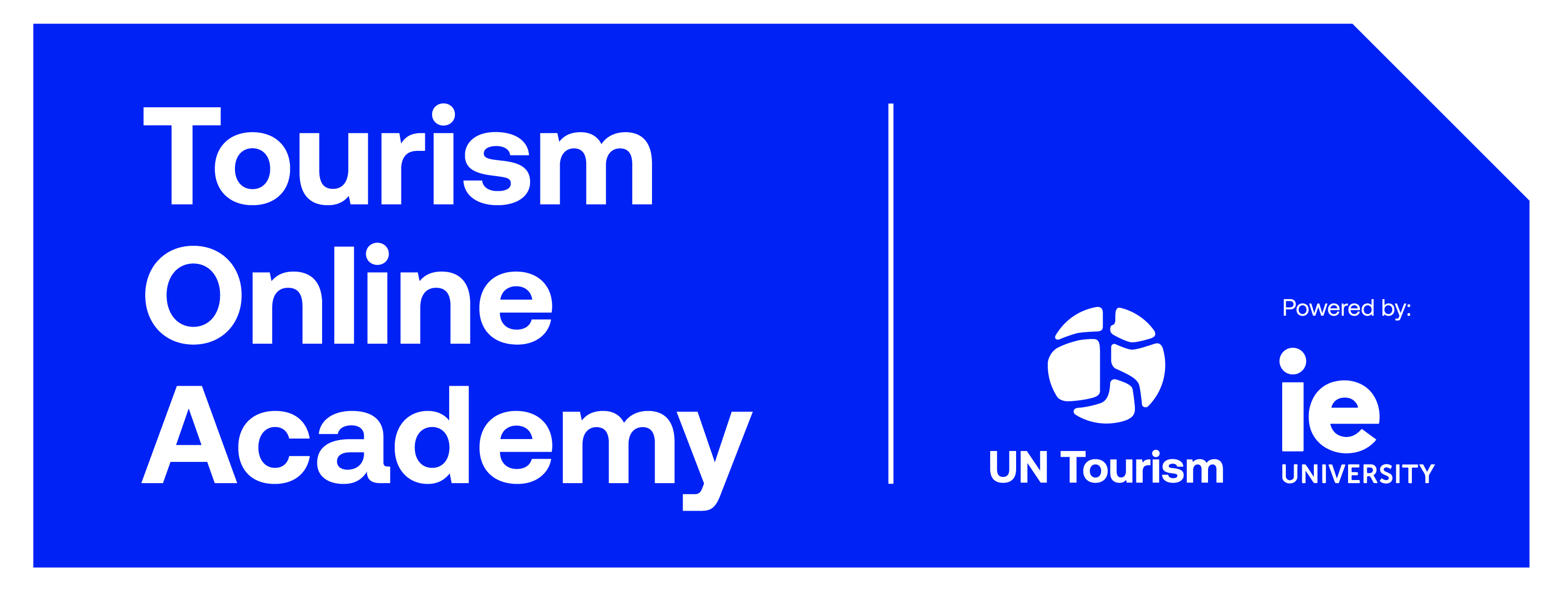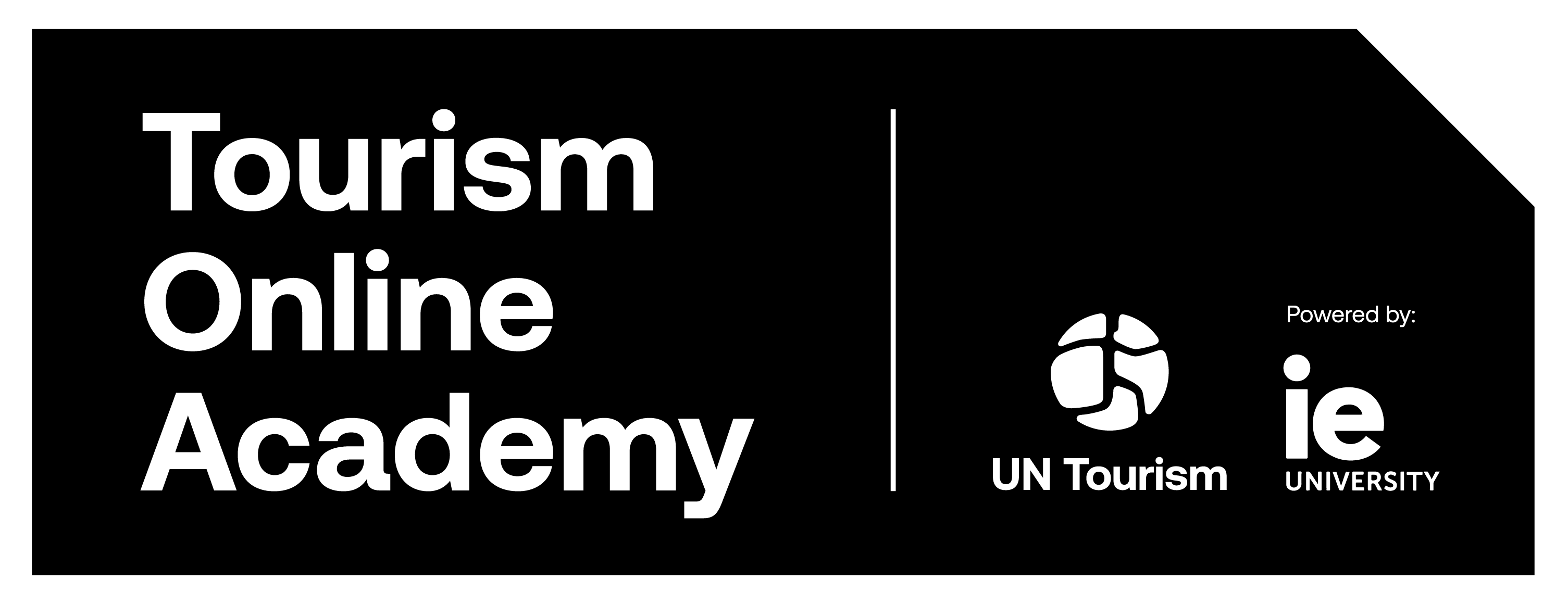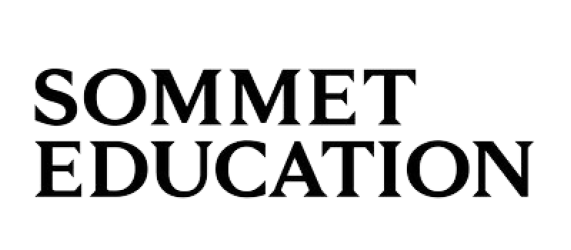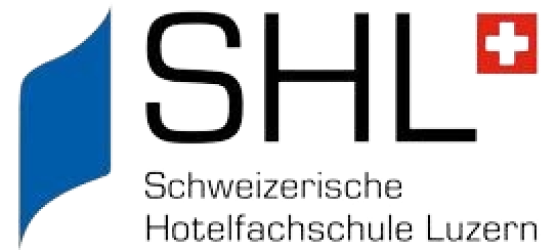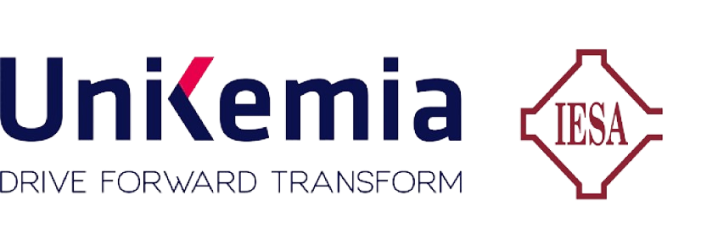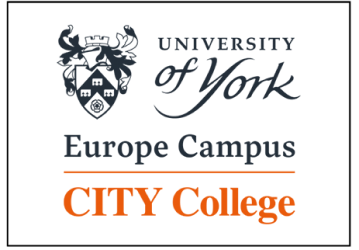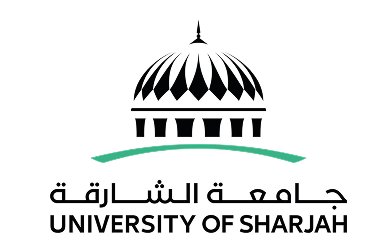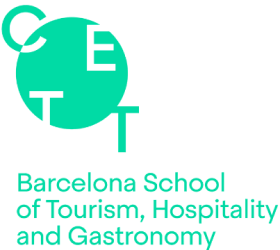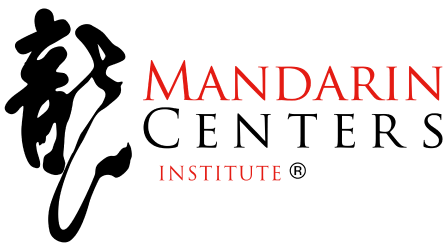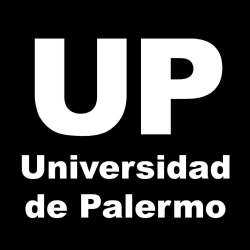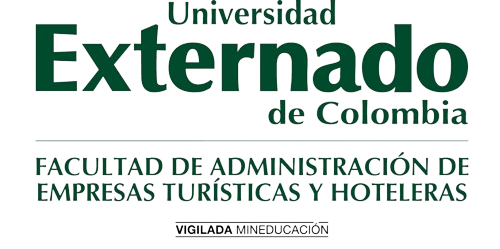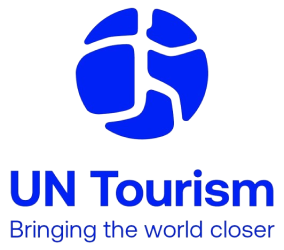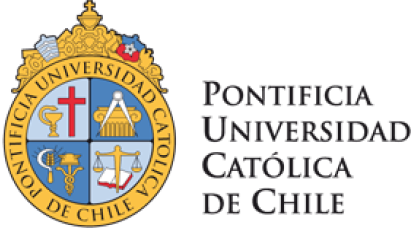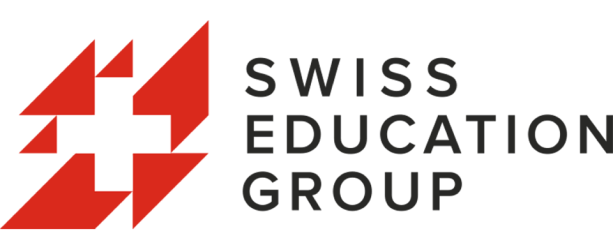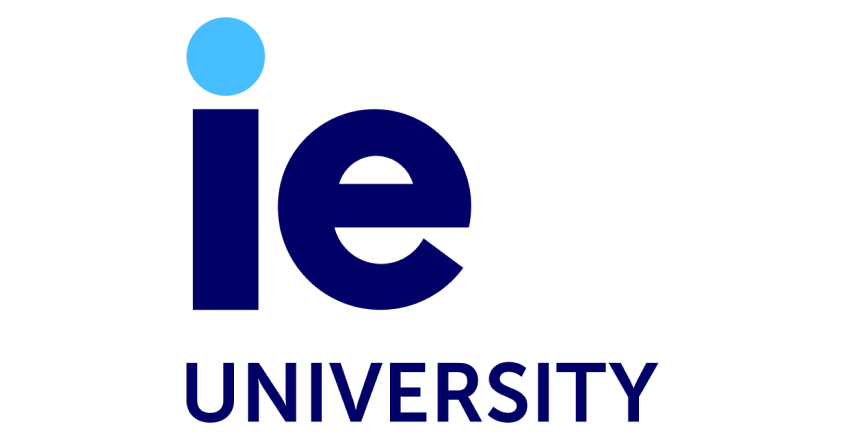Format
Schedule
Language
Duration
Price
Institution
This course is a key element of a four-course series on sustainable hospitality practices. Given 100% online, this course dives into managing food sustainably, covering essential topics like food loss, waste management, and creating eco-friendly menus. With five engaging modules featuring videos, downloadable resources, and quizzes, you’ll learn practical strategies and best practices to enhance your food management. Complete the course and earn a certificate by scoring 60% or higher.
Important Information:
- Applications open: Anytime
- Priority deadline: Anytime
If you would like to enroll multiple users or need more information about this course, please contact us!
toa@ie.edu
What you'll learn
Course content
WHO IS THIS PROGRAM DESIGNED FOR?
This program is designed for accommodation providers, including supply managers, community managers, short-term rental owners, and hospitality professionals seeking to enhance their knowledge of sustainable food management. Whether you’re just beginning your sustainability journey or looking to enhance your current practices, this online course provides practical insights, expert advice, and actionable strategies to foster a more sustainable and impactful experience for both guests and staff.

Meet our instructors

Professor of Professor of Sustainability Marketing at the University of Surrey
Xavier is a professor, researcher and consultant specializing in sustainable tourism production and consumption. With expert knowledge on everything from sustainable tourism certification to sustainability marketing and policies, his work has been widely published. He serves as an advisor in the Travalyst coalition, where he uses his research experience to inform efforts and help stakeholders align on sustainability frameworks for the supply chain of the tourism sector.

Senior consultant, ERM
Rob has 22 years of experience in sustainability and environment with a strong focus on food and agriculture. He has advised numerous clients in the food and fiber value chain on sustainable supply chains and climate strategy, including upstream (farms and input suppliers), midstream (buyers and distributors), and downstream (retail and food service). He spent several years working and living on diversified farms and has written extensively on agricultural community resilience, regenerative agricultural practices, and related topics.
